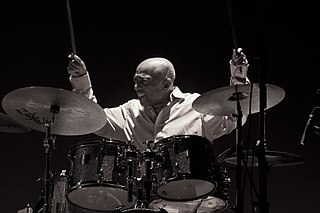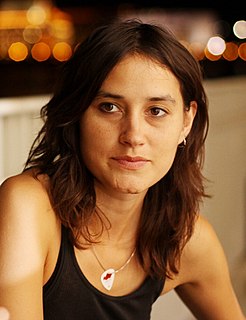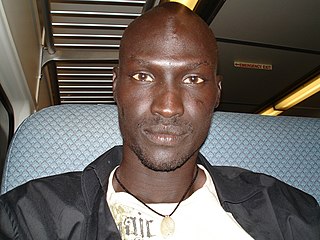A Quote by Dwayne Johnson
If you are halfway smart, and you could really listen to the audience, you could really learn a lot.
Related Quotes
There was a lot that was tricky about playing with [Thelonious Monk]. It's a musical language where there's really no lyrics. It's something you feel and you're hearing. It's like an ongoing conversation. You really had to listen to this guy. Cause he could play the strangest tempos, and they could be very in-between tempos on some of those compositions. You really had to listen to his arrangements and the way he would play them. On his solos, you'd really have to listen good in there. You'd have to concentrate on what you were doing as well.
If there is something that strikes me as interesting or beautiful or something I could learn from, and I don't write it down, then I could be at lunch with you, and it's like there's a pile of laundry in my brain that I haven't put away, and I struggle to really listen, so that's always been important to me.
We could learn to stop when the sun goes down and when the sun comes up. We could learn to listen to the wind; we could learn to notice that it's raining or snowing or hailing or calm. We could reconnect with the weather that is ourselves, and we could realize that it's sad. The sadder it is, and the vaster it is, the more our heart opens. We can stop thinking that good practice is when it's smooth and calm, and bad practice is when it's rough and dark. If we can hold it all in our hearts, then we can make a proper cup of tea.
When you venture at life with curiosity, you can learn from anything. You learn from things that you could never maybe thought you could learn from. And when you actually step into the room with a lot of people who have an education in a classroom, that is very similar to other people's educations, you'll actually come with a unique perspective that could be a valuable perspective that creates an innovation that could change the world.
One night around that time, at Hammersmith, Bob Dylan was about to go into [his 1963 classic] 'Don't Think Twice, It's Alright.He said, 'Hey, Bucky! Play mandolin on this.' I am not really a mandolin player; I could only play in certain keys. Halfway through, he stops the band, turns to the audience and points to me. He says: 'He isn't playing, he's miming.' And then: 'Should I fire him?' The whole audience yells.
I learned a great lesson early on, even before I was really an actor, from that movie 'Planes, Trains & Automobiles' that John Hughes made: that you could make a movie that's really, really, really, really funny, and sometimes you can still achieve... making the audience feel very deep emotions as well.
I've told Michael Jackson jokes. If you got really technical, you could say those are jokes about child molestation. You could, if you got technical. A lot of this is just selective outrage because honestly, the audience are the ones that tell us that something shouldn't be spoken. The audience lets us know. And I've never, in my almost 30 years of being a comedian, seen a comedian continue to tell a joke that the audience doesn't respond to. I've never seen it.




































